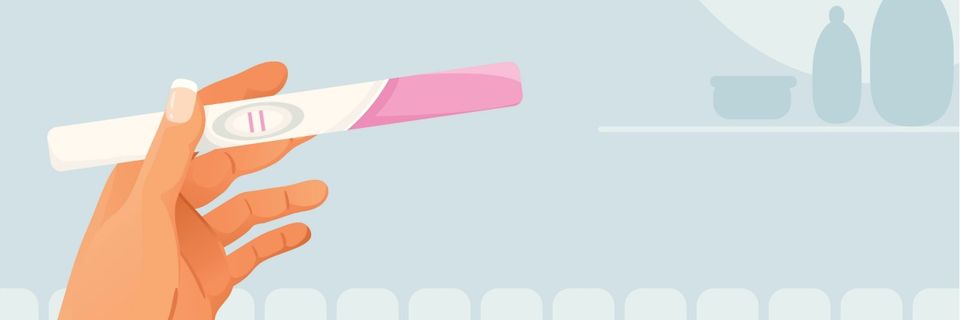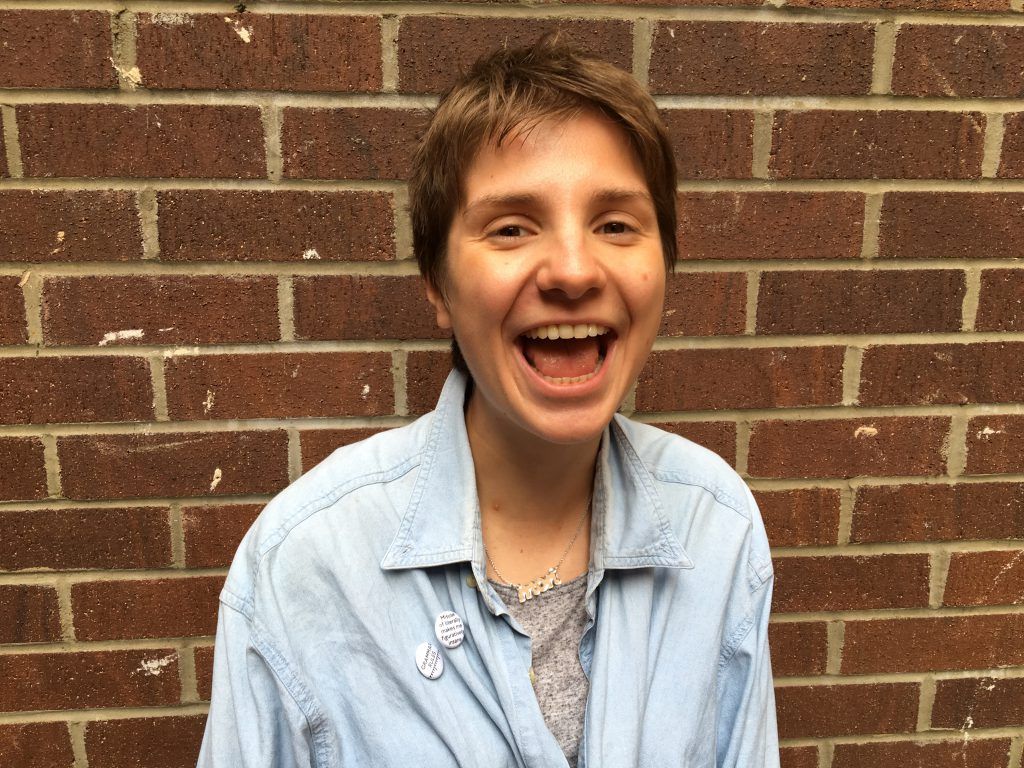The Femedic’s Monica Karpinski on women’s health taboos
By Brid McNulty, January 9 2019

After years of working in the digital healthcare space for various clients, Founder and Editor of The Femedic Monica Karpinski, realised that women’s needs were not being met online. Turning her frustrations into something positive, Monica decided to make a difference. Working together with medical experts, she created an innovative platform that would answer women’s queries and normalise taboos. We’ve been lucky enough to catch up with Monica, to learn more about The Femedic and her experience in launching the site.
Can you give us a bit more information on The Femedic and how it works?
The Femedic is a brand new, educational website that deals specifically with women’s health topics considered taboo. We use our unique audience research methodology to uncover specific questions women are asking online about their health and then brief our team of medical experts on this. They then work with us to write articles to answer these question.
Our content works hard to address the complete spectrum of a person’s health — after all, your health is affected by lifestyle factors, emotional factors, social and cultural factors as much as it is by physical symptoms. We have different content streams that each focus primarily on certain factors and discuss how they intersect with and are affected by the rest of the spectrum.

So, who is primarily your audience?
Women. We cover health topics and conditions that span over almost a woman’s complete lifespan, for example, menstruation all the way until post-menopause. That means that our audience could be women as young as 12 (or younger — depending on when someone starts needing information about periods) and older.
What inspired you to set up The Femedic?
I’ve lead a number of digital healthcare projects aimed at women in the past and noticed that their needs were consistently going unmet. They were asking questions — and women search for health information online more than men — about their health that were either being ignored completely or not answered in the depth deserved. This lack of information and open discussion about these topics creates and enforces taboos, which can make women feel embarrassed or ashamed in seeking help or even for feeling the way they do.
Personally, I’ve looked for specific health information online and not been able to find reliable answers. I just couldn’t believe that quality information about things so commonly experienced — periods, contraception questions, sexual health — was so hard to find. So I channelled my frustration into something productive and created The Femedic.
What do you feel the stand out feature of The Femedic is?
That we focus on very specific aspects of broader topics to give very thorough information, that takes into account all the different factors that could influence someone’s health. Most of the time all the different aspects of broader topics are sort of glossed over in one giant article that reduces something that might warrant an entire discussion to a few bullet points.
Also, that we speak about these topics proudly and with dignity: too often topics related to sexual or reproductive health are sensationalised or reductive, which can have a negative impact on a woman’s confidence or understanding of her body.
Do you think this fills a void in the digital healthcare space?
Yes, absolutely. As mentioned, there’s nothing out there on the internet that is dealing with these topics as thoroughly or as openly as we are.
Have you had any really great feedback?
Yes, we’ve had some brilliant feedback! After the launch event I got some lovely tweets and emails saying how great a resource this is. I’ve also had a few women approach me and tell me about their own experiences being dismissed by doctors or feeling alone. For me this enforces how needed a space like this is.
What has your career history been prior to The Femedic?
I started my career wanting to be a writer. My first paying job was as an arts columnist and I wrote freelance while at uni. I moved to London in 2013 and got a job as a writer for a website that gives advice to students wanting to study abroad. I quickly got sucked into the digital side of things: I did a bit of digital PR and learned all about content marketing. I loved the idea that you could figure out how to make the internet work for you. It felt like completing the circle: now as well as writing, I could make sure people were reading and interested in what I was writing.
I joined Curated Digital in 2015 and since have become Director & Head of Content. I developed my specialism in digital healthcare while working on projects at Curated for a range of different clients which obviously laid the foundation for me to pitch The Femedic.
What do you feel your biggest achievement is?
It’s hard to say! I suppose it would be moving to London on my own from Australia and working my way up to building a company and being able to create a platform with a voice I believe in.
What challenges have you faced on the way?
Loads and loads. Learning how to stand up for myself was a big one — I had to unlearn the idea that you need to be likeable all the time and to please everyone and to feel confident in challenging people where required and asking for things I need. Also in trusting yourself and your ideas. I’ve walked into plenty of meetings where I’ve been the only woman and people didn’t look at me until I pushed my way into the conversation and they didn’t have a choice but to acknowledge me and the work I was putting forward. Learning what to do in situations like that (while staying cool!) has definitely been a challenge. Believing in your work certainly helps!
Have you got any advice for any other women wanting to set up their own business?
Don’t buy into the “entrepreneur’ myths that tell you how easy it’s meant to be — that you should be able to work ridiculous hours with a smile because the reflected glow of your great idea keeps you going. There’s also this strange cult of personality embedded in start up culture which I think is just distracting. There are enough “maverick’, charismatic men in hoodies to write novels about breaking free from corporate life, but it has nothing to do with the strength of your idea and how successful you’ll be.
Plan, plan, plan, and be passionate. Stand up for your idea in a way that’s natural to you and get it over the line by being smart about what you need to make it successful.
What is your favourite nail varnish colour?
Probably something dark, maybe a dark purple or blue?
Find out more about The Femedic:
Enjoy reading about female entrepreneurs, their journeys, advice and lessons learned along the way? Catch up on our Ladies Who Launch blog segment!
Make sure you also check out some of the services LeSalon provide!


